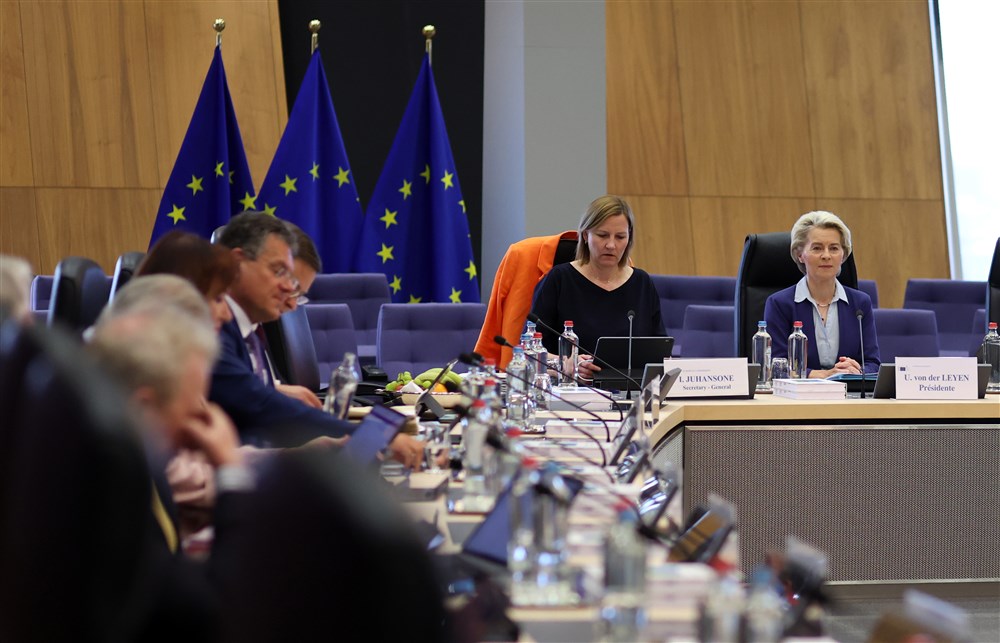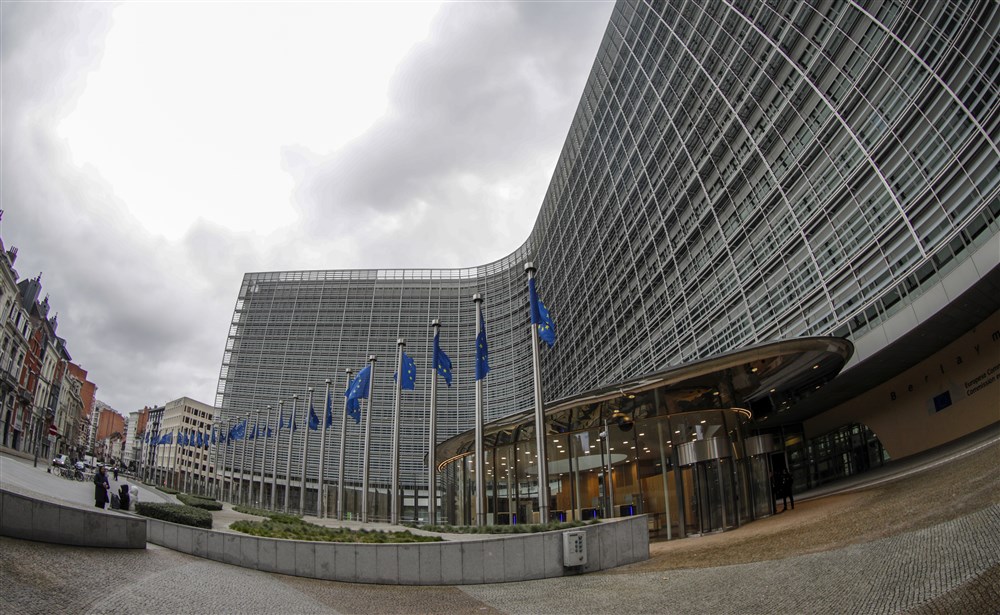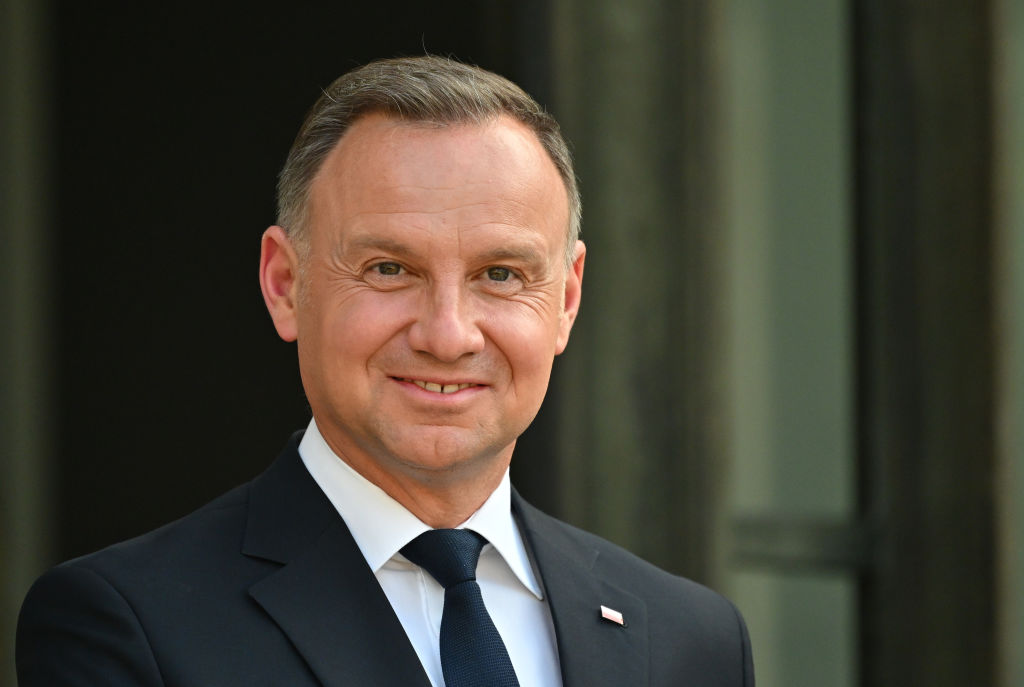The European Commission’s fourth annual report on the rule of law in European Union Member States released on July 5 has criticised Poland over the chief public prosecutor’s lack of autonomy and violations of the principle of judicial independence in the country’s legal system.
The report does acknowledge that Poland has adopted legislation to reform the disciplinary regime for judges, which was among requirements agreed between the Polish Government and the EC regarding the unblocking of post-pandemic EU funds.
But elements of the report suggest the EC remains highly critical of Poland’s progress on wider judicial reform, and could indicate there are other reasons for refusing to hand over frozen funds.
There are still “serious concerns” over judicial independence in Poland involving the constitutional court and the process for nominating and disciplining judges.
The report criticises the public prosecution service, public media, protection of rights for minorities and rules governing lobbying.
The EC believes that the current system, where the public prosecutor and justice ministers operate in unison, makes it more likely for Polish MPs and their allies to receive unjust protection in anti-corruption inquiries.
The EC also states that, in its view, corruption in the public sector is on the rise and politicians involved are not being held to account.
The Commission has always maintained it would only use the so-called ‘conditionality mechanism’ regarding EU funds if the use of those funds might encourage corruption and financial impropriety.
Under the conditionality regulation, the EC can propose appropriate and proportionate measures in cases where rule-of-law breaches in a given Member State threaten the EU’s financial interests.
Regarding the Rule of Law Report, EC Vice-President Věra Jourová told a Polish journalist that it was “preventative in nature” and that it broadens the scope of the Commission’s concerns over judicial affairs in Poland.
She confirmed that the EC believes its recommendation for Poland to separate the offices of justice minister and chief public prosecutor is a priority as it sees the current situation as a “systemic problem”.
Warsaw and Brussels have been in dispute over Poland’s judicial reforms for seven years. Poland has been fined millions of Euros for failing to implement European Court of Justice rulings. Post-pandemic recovery funds have been frozen.
The Polish Government denies its policies are a threat to the rule of law, arguing that its reforms are designed to increase the accountability of judges and make the system more efficient.
Sebastian Kaleta, a Polish deputy justice minister, accused the EC of politically-motivated criticism. “This year’s European Commission Rule of Law Report, like every year, is biased, based solely on the opinions of the opposition in Poland … It is another attempt to destroy the image of Poland based on false allegations … [and] double standards,” he tweeted.
Other EC critics point to what they see as the report’s inconsistency with regard to the issue of separating the posts of justice minister and public prosecutor. On entering the EU, Poland operated the present system of both posts being held by one individual. That changed during the lifetime of the previous liberal administration but the present government has since reverted to the former system.





